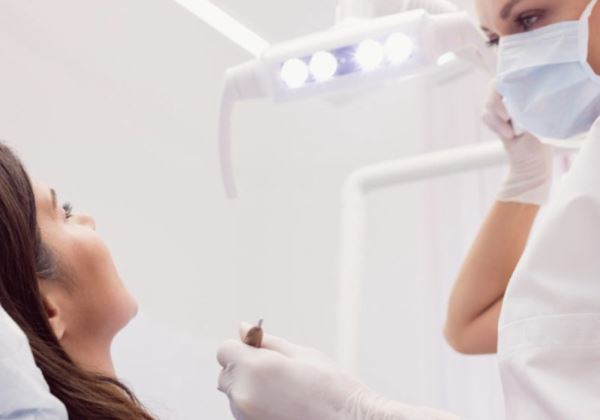Home / Blog
Our Blog
The General Council of Dentists expresses its concern about the premature removal of dental amalgam and its availability in Europe
The European Parliament has voted in favor of progressively eliminating the use of dental amalgams in the EU from January 1, 2025, with exceptions that must be considered by the dentist based on the patient's needs.
On April 10, the revision of the Regulation on mercury was voted in the plenary session of the European Parliament. In this vote, the existing provisional political agreement with the EU Member States was approved with 575 votes in favor, 12 against and 38 abstentions. Under the usual process, the legislation must now also be adopted by the European Council before being published in the EU Official Journal and entering into force 20 days later. The approved text is available here.
In summary, the main legislative provisions on the use of dental amalgams are:
- The adopted text progressively eliminates the use of dental amalgams in the EU from January 1, 2025, except if the dentist considers it strictly necessary and based on the specific medical needs of the patient; Although this is not the case in Spain, an exception is possible until June 30, 2026 for those countries that have not yet adjusted their reimbursement systems to cover the alternatives, in order to avoid negative effects on people with low incomes. For this exception, specific conditions must be met.
The export of dental amalgam will be prohibited from January 1, 2025, while manufacturing and import into the EU will be prohibited from July 1, 2026. By way of exception, manufacturing and import will be permitted after this date for specific medical needs. - The General Council of Dentists, which represents more than 40,000 dentists in Spain, as a member of the Council of European Dentists (CED)1 and in the interest of patients, considers accessible and high-level oral health care to be paramount. In this sense, although in Spain it is almost not used, from the General Council of Dentists we are in favor of the gradual reduction of the use of dental amalgam, but not its premature elimination, since it would have a detrimental impact on the health and well-being of the patients. most disadvantaged countries.
Our criticism of this regulatory action is based on the fact that there were already concrete and correct measures and recommendations that were applied among the Member States, and thanks to the efforts of dentists:
- There were already solid and effective measures for the progressive reduction of dental amalgam without this regulatory action; These efforts have so far led to a decline of about 50% in dental amalgam use and anticipate a further and continued decline in the coming decades.
- The dental profession is committed to addressing environmental concerns regarding dental amalgam through the use of the gamma 2 free form of amalgam, which is an extremely corrosion resistant form of amalgam, as well as amalgam separators, in accordance with the EU Mercury Regulation 2017.
- The dental profession has also continually stressed, both to policy makers and the general public, that prevention is and always will be the answer to reducing amalgam use. Effective dental caries prevention and health promotion programs will reduce the use of current restorative materials, including dental amalgam.

